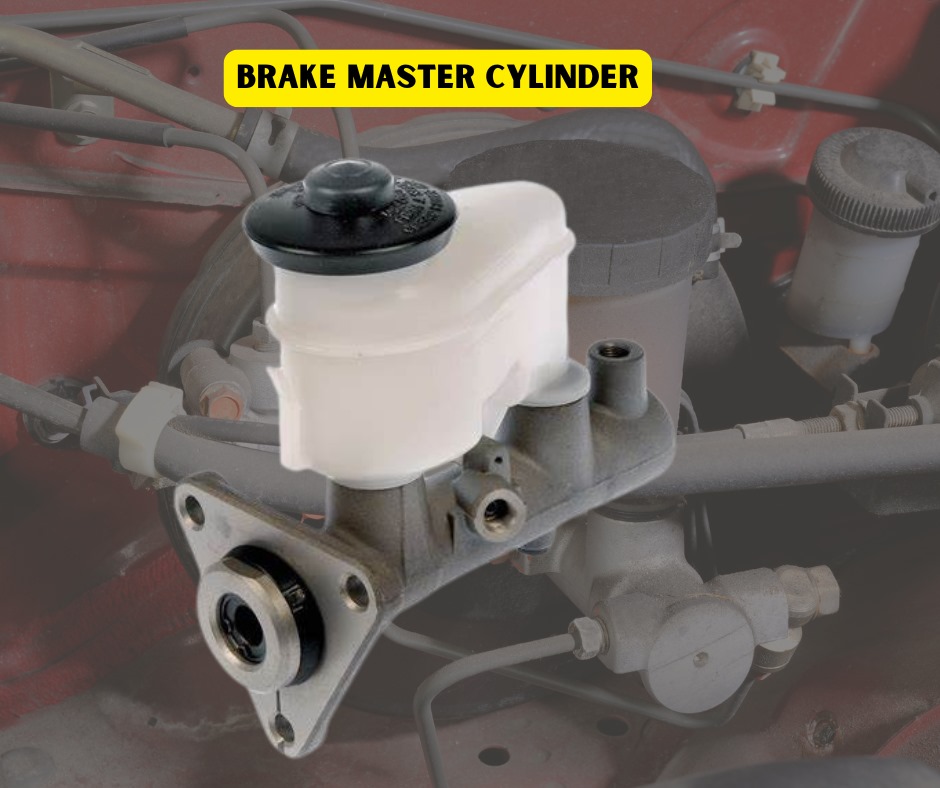Key Symptoms of a Failing Master Cylinder in Your Brake System

Explore the critical warning signs that indicate a failing master cylinder in your vehicle's brake system, ensuring your safety on the road. situs toto
Understanding the Role of the Master Cylinder in Brake Systems
The master cylinder is a crucial component of your vehicle's braking system. It acts as the main valve that converts the pressure from your foot on the brake pedal into hydraulic pressure, which then activates the brake calipers to slow down or stop your vehicle.
Without a properly functioning master cylinder, your vehicle's braking system would be compromised, leading to potential safety hazards. Understanding its role helps in identifying symptoms of failure early on, ensuring timely repairs and maintenance.
Spongy or Soft Brake Pedal: A Telltale Sign of Trouble
One of the most common signs of a failing master cylinder is a spongy or soft brake pedal. When you press down on the brake pedal and it feels unusually soft or less resistant, it could indicate that air has entered the brake lines or that there is an internal leak within the master cylinder.
A spongy brake pedal reduces the effectiveness of your braking system, making it harder to stop your vehicle quickly. This symptom should not be ignored and warrants immediate inspection by a professional mechanic.
Unusual Brake Pedal Behavior: Sinking or Sticking
Another symptom to watch out for is unusual brake pedal behavior, such as the pedal sinking to the floor or sticking when pressed. A sinking brake pedal often points to a loss of hydraulic pressure, usually due to a leak or a failing master cylinder.
If the brake pedal sticks, it can be a sign that the master cylinder's internal components are worn or damaged. This can severely impact your ability to control the vehicle, especially in emergency braking situations.
Fluid Leaks and Their Impact on Brake Performance
Brake fluid leaks are a clear indicator of master cylinder problems. If you notice fluid pooling under your vehicle or a drop in brake fluid levels, it could be a sign that the master cylinder is leaking.
Low brake fluid levels can lead to decreased hydraulic pressure, reducing the overall effectiveness of your braking system. Regularly checking for leaks and maintaining proper fluid levels can help prevent brake failure.
Warning Lights on Dashboard: What They Signal About Your Brakes
Modern vehicles are equipped with warning lights on the dashboard to alert you to potential issues within the braking system. If the brake warning light or ABS light illuminates, it could indicate a problem with the master cylinder.
These warning lights should never be ignored. They are designed to alert you to issues that need immediate attention to ensure your safety on the road. A professional diagnostic can pinpoint the exact cause and guide you on the necessary repairs.

 Loading..
Loading..